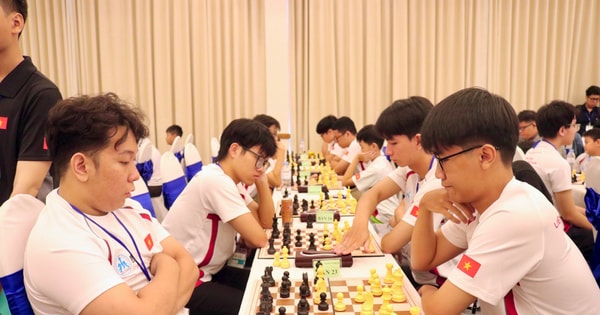Due to low testosterone levels in the body, many men leave social relationships, do not start families and look for jobs.
In Japan, an estimated 1.5 million people, mostly young men, live in complete isolation. The problem is so severe that the Japanese have a term for it: hikikomori, which literally means people who have withdrawn from society. They have no intention of finding a job, not starting a family, and have cut themselves off from social relationships.
This is also the case in the United States, where political economist Nicholas Eberstadt estimates that 7 million working-age men are unemployed and have no intention of looking for work. Many spend most of their time indoors, completely alienated from society. They play video games, watch pornography, and tend to abuse drugs.
The cause of this condition, according to scholars at Kyushu University, is that low testosterone levels play a major role. In fact, testosterone levels in young American men are falling sharply and have been for years. According to reports, one in four men suffer from a decline in the hormone.
Testosterone is a sex hormone produced in the gonads of men and the ovaries of women. Testosterone plays a role in sex drive and sperm production. It also affects mood, bone and muscle mass, how men store body fat, and even red blood cell production.
Dr. David Terburg, Kyushu University, who led the study, pointed out that high testosterone levels make people more sociable and have better judgment. Conversely, low testosterone levels - also known as hypogonadism - can lead to brain fog, poor memory, poor concentration, and mental clarity.
Experts believe that testosterone is one of the factors that promote antisocial behavior. According to the UK National Health Service (NHS), low testosterone levels can lead to anxiety, submissive behavior or social avoidance.
Additionally, according to the Cleveland Clinic, in people with low testosterone levels, the body often unconsciously mimics the symptoms of depression.

Testosterone decline affects men's mood. Photo: Freepik
Another study, conducted last year by researchers at Emory University, found that testosterone affects the hypothalamus, the part of the brain responsible for producing oxytocin (the love hormone). High testosterone levels cause the brain to produce more oxytocin, which makes people more sociable and socially connected.
“There is now a lot of evidence that testosterone enhances memory and learning,” says Mark Spritzer, a behavioral neuroscientist at Middlebury College, pointing to some studies that show low testosterone is a risk factor for Alzheimer’s disease and other forms of dementia in older men.
To improve testosterone levels, experts recommend that men reduce carbohydrates in their meals, especially processed foods, and increase their intake of fat and protein. The recommended standard diet includes red meat, fish, chicken, eggs, Greek yogurt, green leafy vegetables, and avocados.
On the other hand, slow and steady exercise also helps increase testosterone. In addition to diet and exercise, good sleep is the foundation for testosterone production. Research published in 2011 in the Journal of the American Medical Association found that sleeping less than 5 hours a night can lower testosterone levels by 15%.
Thuc Linh (According to NY Post )
Source link




![[Photo] General Secretary To Lam attends the 80th Anniversary of the Cultural Sector's Traditional Day](https://vstatic.vietnam.vn/vietnam/resource/IMAGE/2025/8/23/7a88e6b58502490aa153adf8f0eec2b2)




































































































Comment (0)